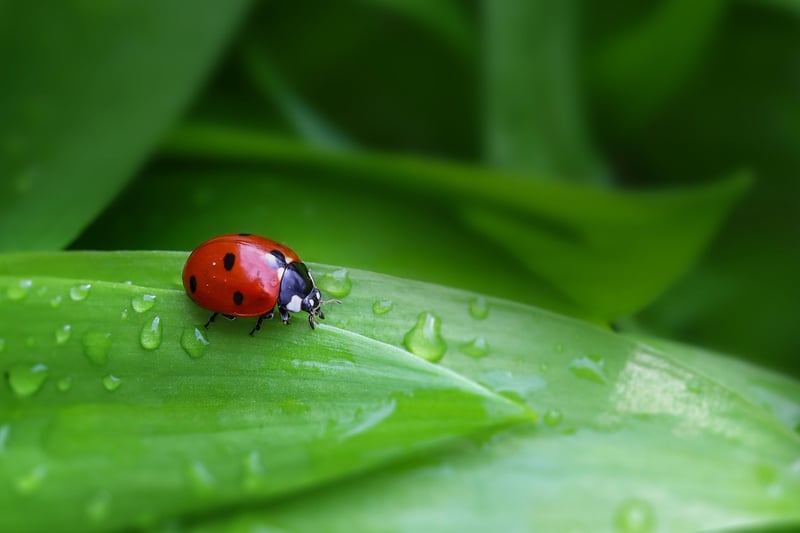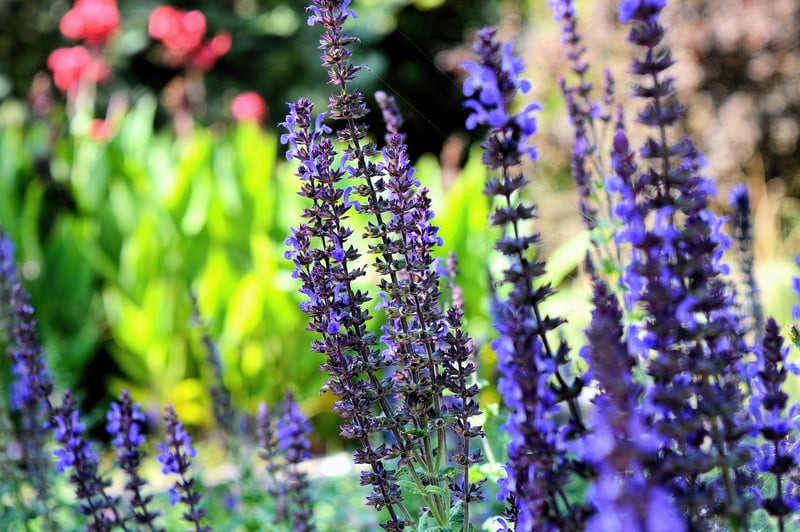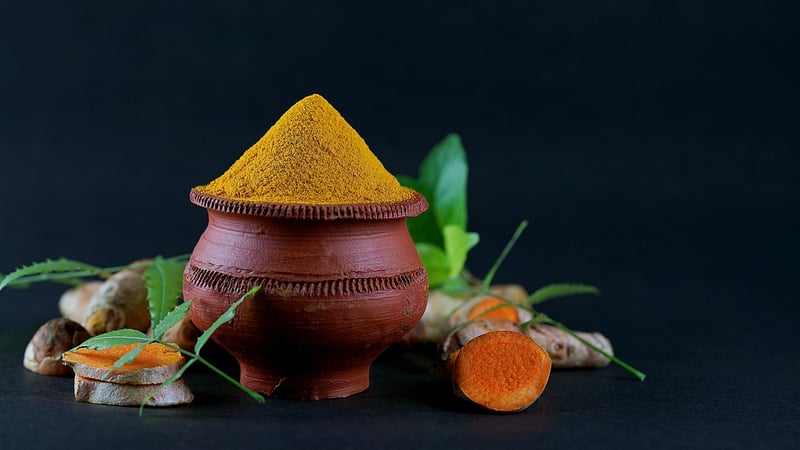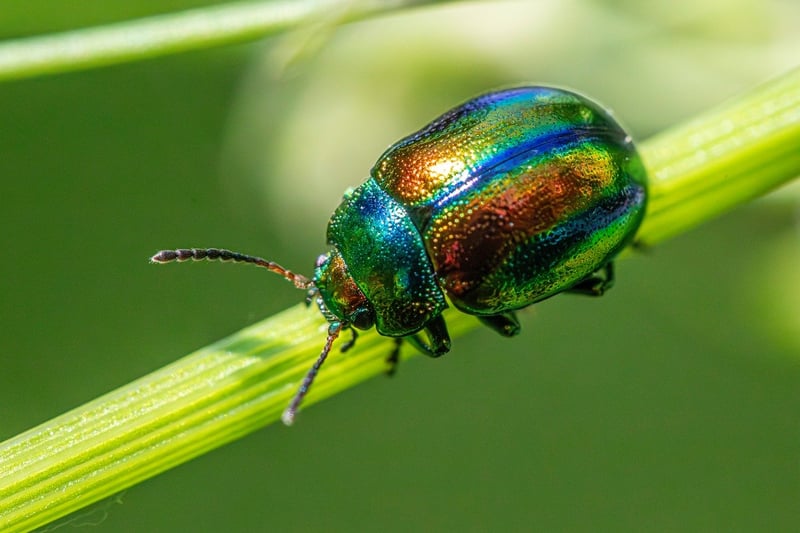Pest control methods
Keeping Your Garden Healthy: Pest Control Methods
Welcome to your guide on maintaining a healthy garden by effectively managing pests. A flourishing garden not only adds beauty to your home but also provides a sanctuary for various plants and wildlife. However, pests can wreak havoc on your garden if left unchecked. Let's explore some eco-friendly methods to control pests and keep your garden thriving.
1. Natural Predators
Encourage natural predators like ladybugs, lacewings, and birds in your garden. These beneficial insects feed on common garden pests such as aphids, caterpillars, and mites, helping to keep their populations in check.
2. Companion Planting
Planting certain herbs and flowers alongside your vegetables can help deter pests. For example, marigolds repel nematodes, while basil can keep mosquitoes away. Research companion planting strategies to create a pest-resistant garden.
3. Neem Oil Spray
Neem oil is a natural insecticide that is effective against a wide range of pests. Mix neem oil with water and a few drops of dish soap, then spray it on affected plants. This organic solution disrupts the pests' life cycle without harming beneficial insects.
4. Diatomaceous Earth
Diatomaceous earth is a powdery substance made from fossilized algae. Sprinkle it around plants to create a barrier that dehydrates and kills insects upon contact. Be sure to use food-grade diatomaceous earth for garden applications.
5. Homemade Pest Repellents
You can create natural pest repellents using ingredients like garlic, chili peppers, and soap. Blend these ingredients with water and spray the solution on plants to deter pests. Regular application can help protect your garden from damage.
6. Physical Barriers
Use physical barriers such as row covers, netting, or copper tape to shield vulnerable plants from pests. These barriers prevent insects from reaching your plants while still allowing sunlight and water to nourish them.
7. Regular Inspection and Maintenance
Inspect your garden regularly for signs of pest infestations. Look for chewed leaves, discolored spots, or droppings that indicate pest activity. Promptly remove affected plants or areas to prevent pests from spreading.
By implementing these eco-friendly pest control methods and staying vigilant in your garden care routine, you can effectively manage pests and promote a healthy garden ecosystem. Remember, a balanced garden is not only beautiful but also supports a thriving ecosystem of plants, insects, and wildlife.



Keep these tips in mind and enjoy a pest-free, healthy garden all year round!
